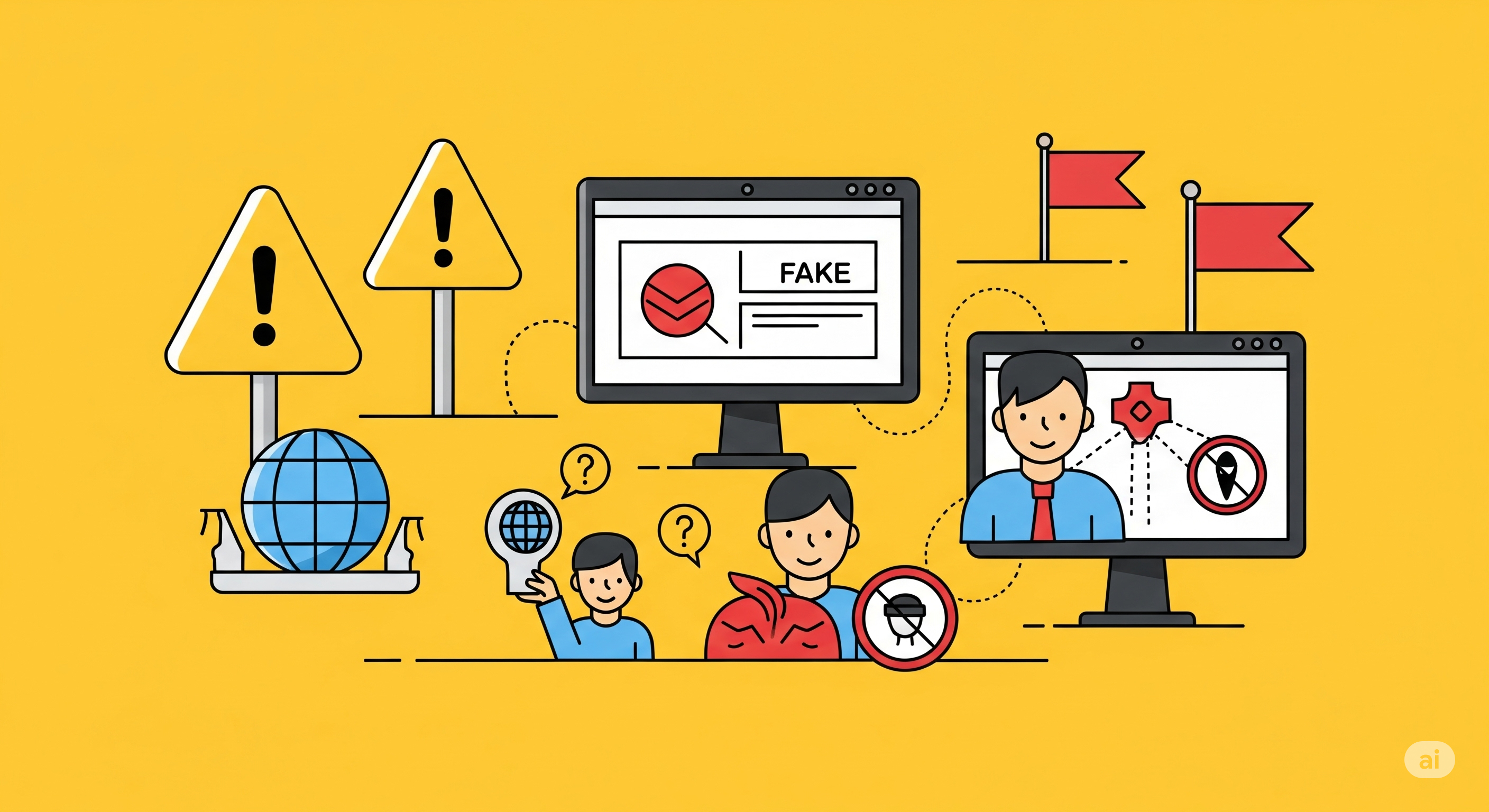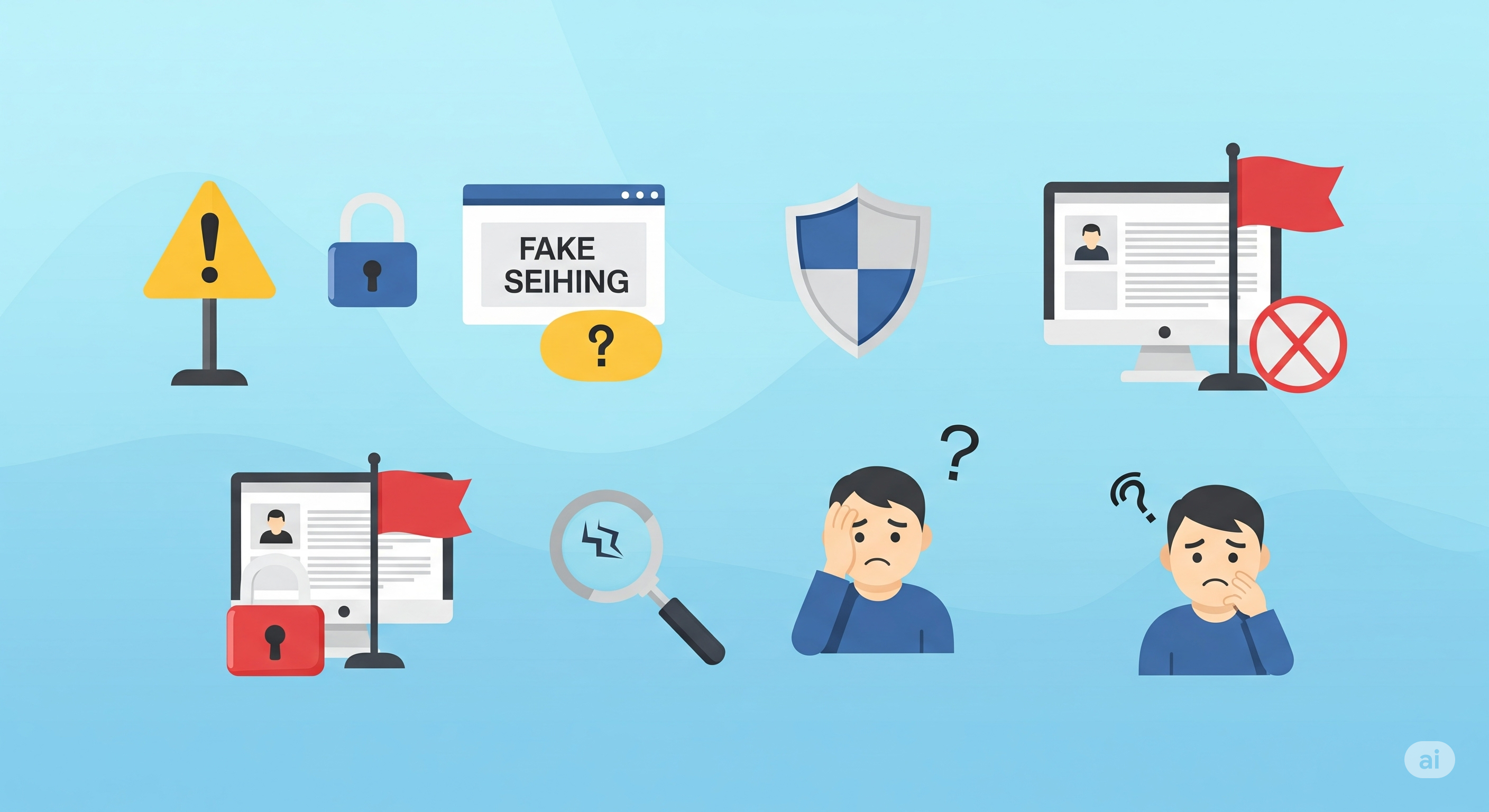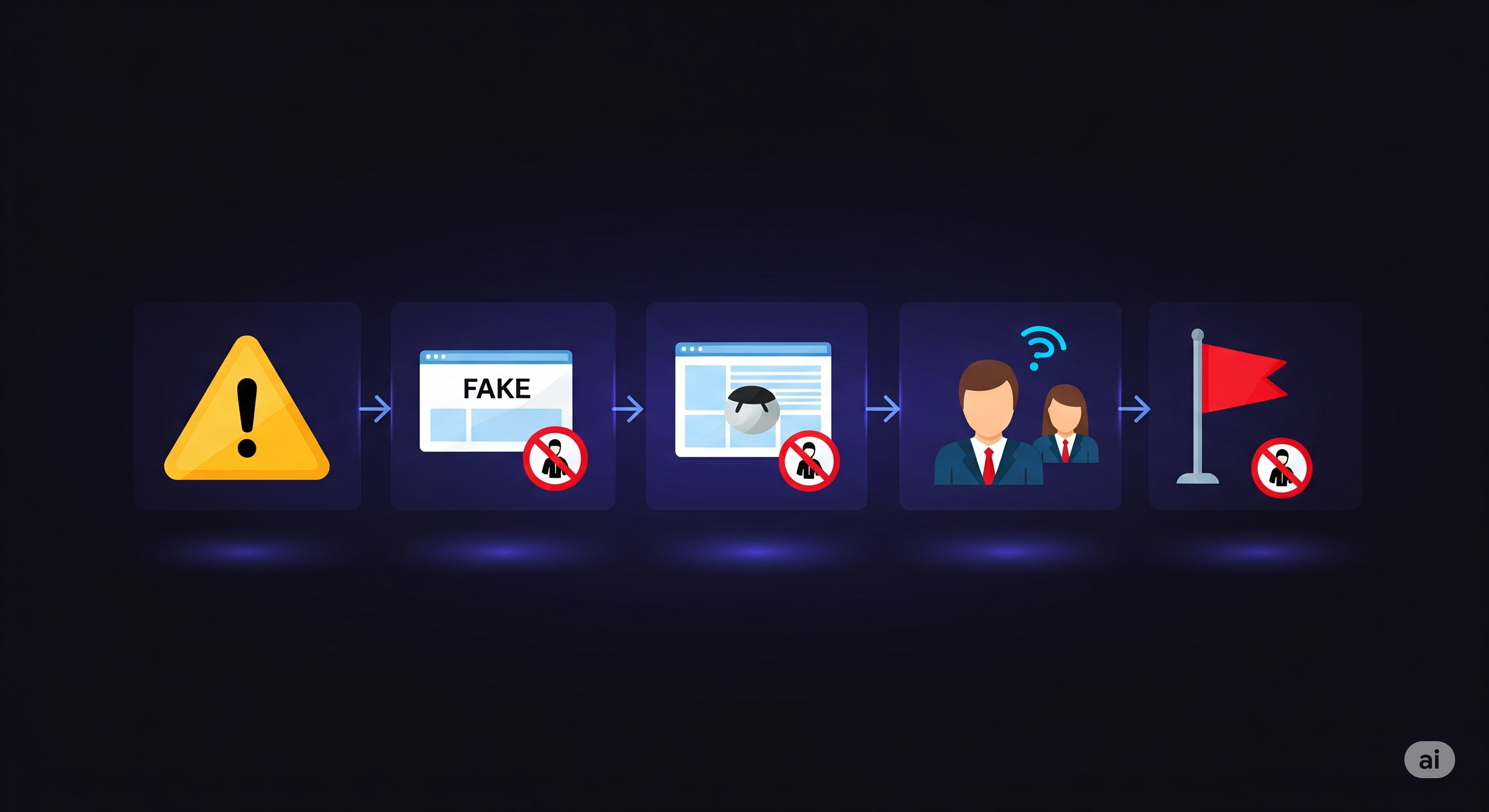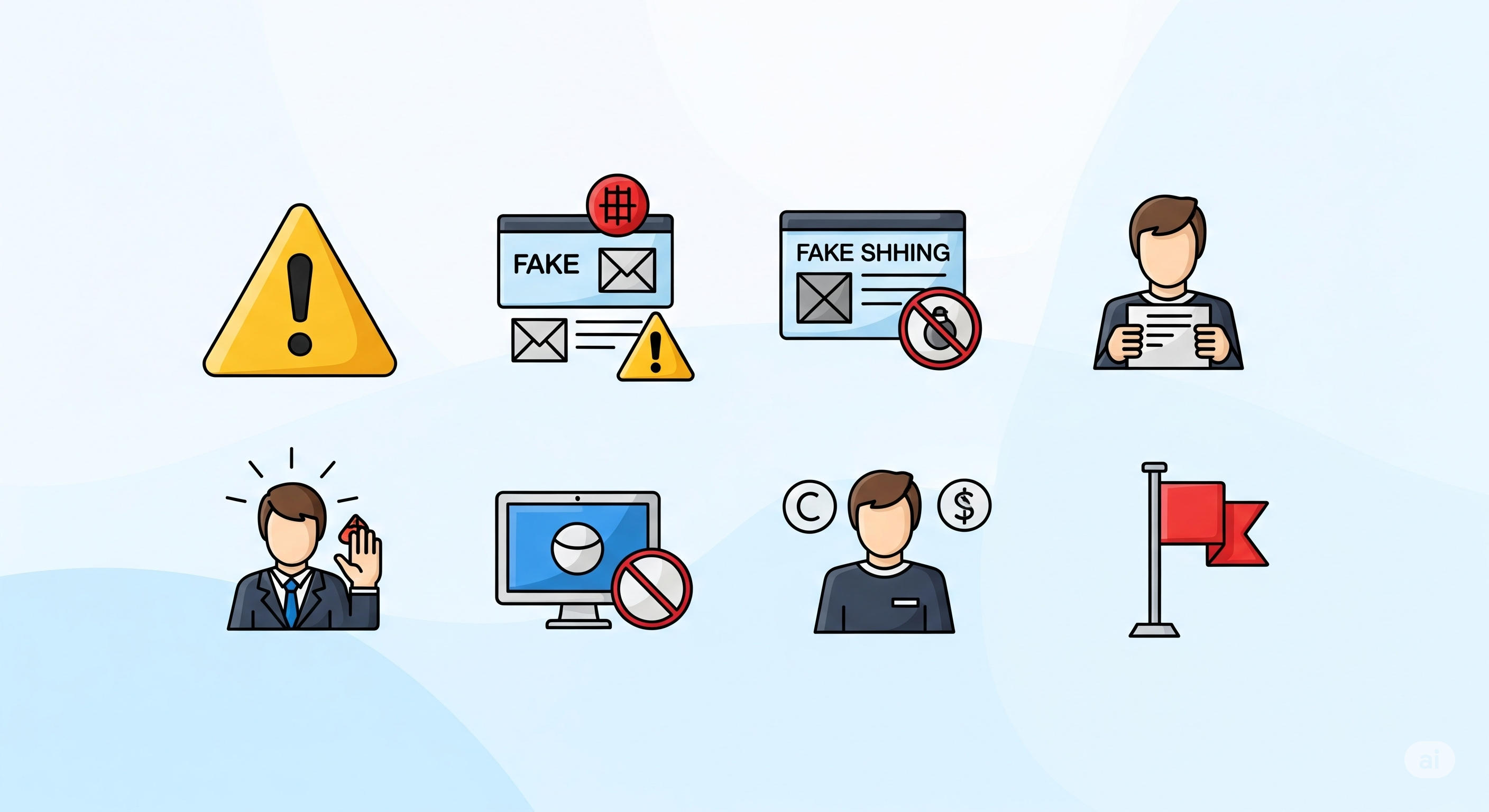Tips & Support
Spotting Influencer Scams
Spotting Influencer Scams
By Admin
Related Topics

Why More Choices Mean Less Clarity
Having additional alternatives may seem like a luxury in a digital world full with goods services and subscription plans nbsp......
Read More
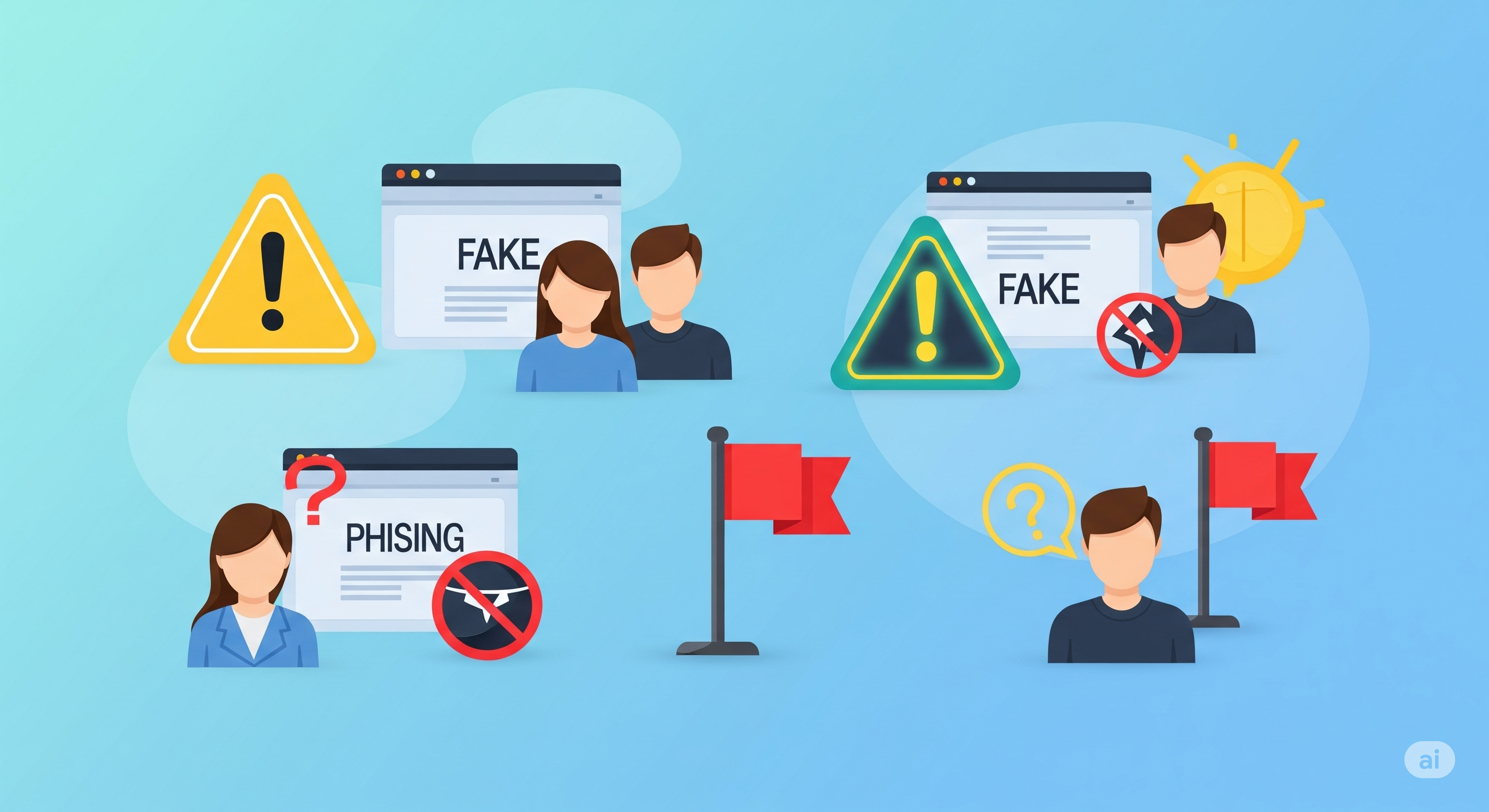
Spotting Real Business Pages
In today s digital-first world knowing how to spot a real business page isn t just a helpful skill it......
Read More

Support Imposter Scams
Support imposter scams are becoming more common and are a big problem for those who use the internet every day......
Read More

How Scammers Use Your ID
One of the most significant and quickly expanding risks to people in the digital era is identity theft nbsp Scammers......
Read More

Why More Choices Mean Less Clarity
Having additional alternatives may seem like a luxury in a digital world full with goods services and subscription plans nbsp......
Read More
Spotting Real Business Pages
In today s digital-first world knowing how to spot a real business page isn t just a helpful skill it......
Read More
Support Imposter Scams
Support imposter scams are becoming more common and are a big problem for those who use the internet every day......
Read More
How Scammers Use Your ID
One of the most significant and quickly expanding risks to people in the digital era is identity theft nbsp Scammers......
Read More